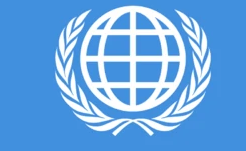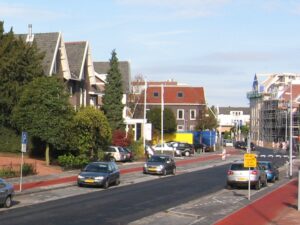Paris’ SystèmeNous project to use crowdsourced data to track the health of municipal architecture has had a rocky path through this years’ WCAIR rankings, largely thanks to difficulties acquiring sufficiently large datasets without complications of attribution. A new agreement with image-sharing giant Flickr paid dividends this week, as the French team’s image analysis software was able to identify water damage in the eaves of several historic buildings on Rue de la Huchette that had gone unnoticed by municipal architects. SystèmeNous Project Engineer Reynauld Morin called the discovery a qualified success, stating that “the successful analysis was gratifying, but we still have lots of hard work ahead of us before SN becomes fully functional.”
In Toronto, the TT2.0 team were also pleased with their qualified success, after their routing software was able to speed up passenger throughput and decrease wait times on the city’s busy Eglington West bus line by more than 25%. Unfortunately, the software proved to be cantankerous, requiring several engineers to be physically present on managed busses to ensure that data telemetry could be gathered properly.
With only one week left in the WCAIR, all the competitor teams are redoubling their efforts. Only time and hard work will determine this year’s winner.
Weekly Spotlight
URLondon, an AI-Assisted Tourist Management System: As one of the largest and most sprawling tourist cities on earth, London can be a daunting experience for the casual visitor. URLondon modernizes and revitalizes traditional tourist-facing apps, providing a mapping and destination-planning front end that synchronizes with one of the most complex crowd-management AI programs ever developed. The system ensures that tourists get where they need to go easily, while simultaneously monitoring crowding, traffic flow, and trouble spots where tourist numbers could interfere with the city’s day-to-day functioning.
Thinkhub West, part of the Trans-American Data Pipeline Project: The third and largest of the three Thinkhub TADP members, Seattle’s Thinkhub West sets its sights on city Wi-Fi and internet usage, providing AI-governed solutions to the problem of bandwidth management and data storage in America’s increasingly internet-dependent municipal logistics and management. As with the other two Thinkhub spokes, this collaborative project uses municipality resources to develop distributed data storage and cloud computing capabilities on municipal networks.


